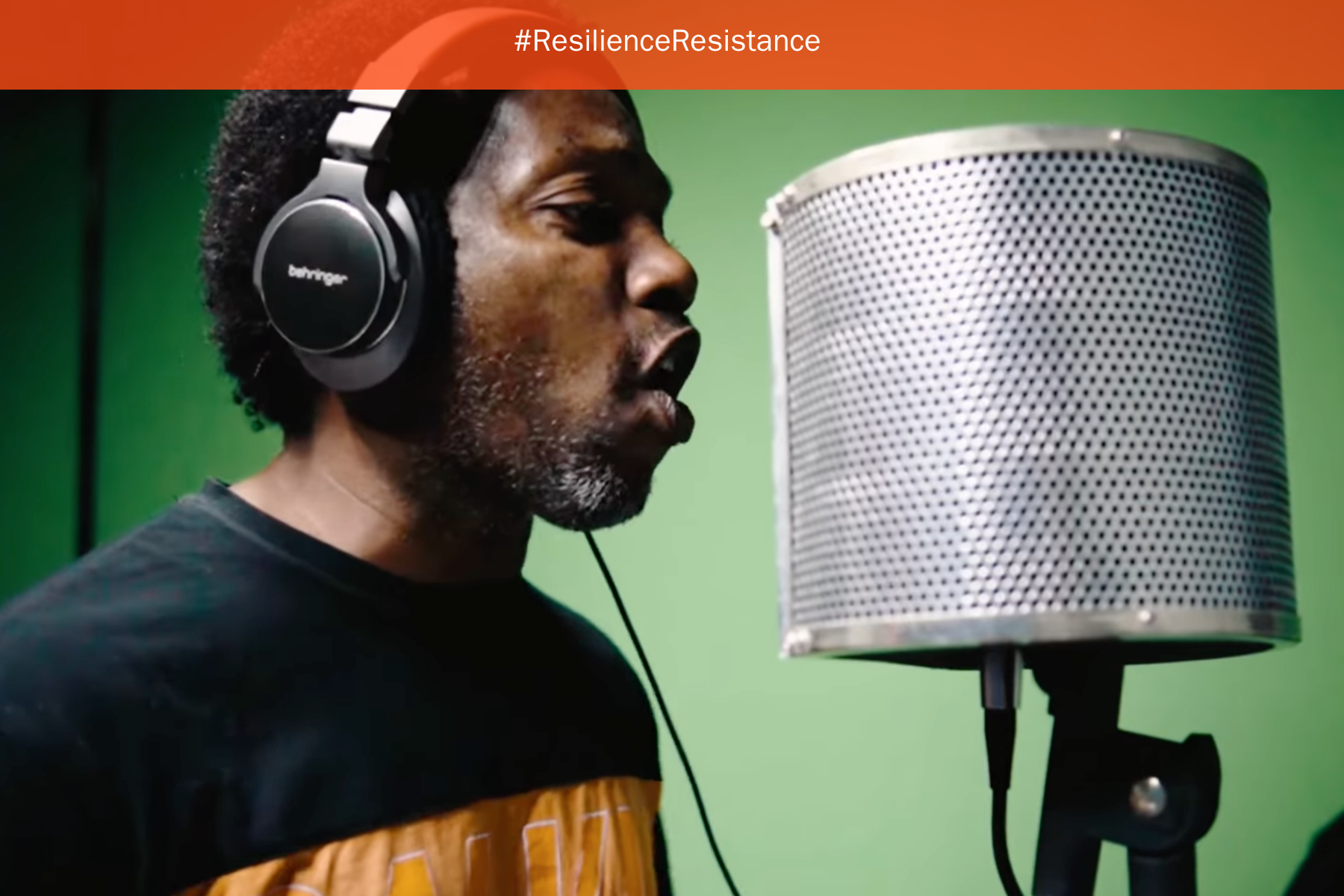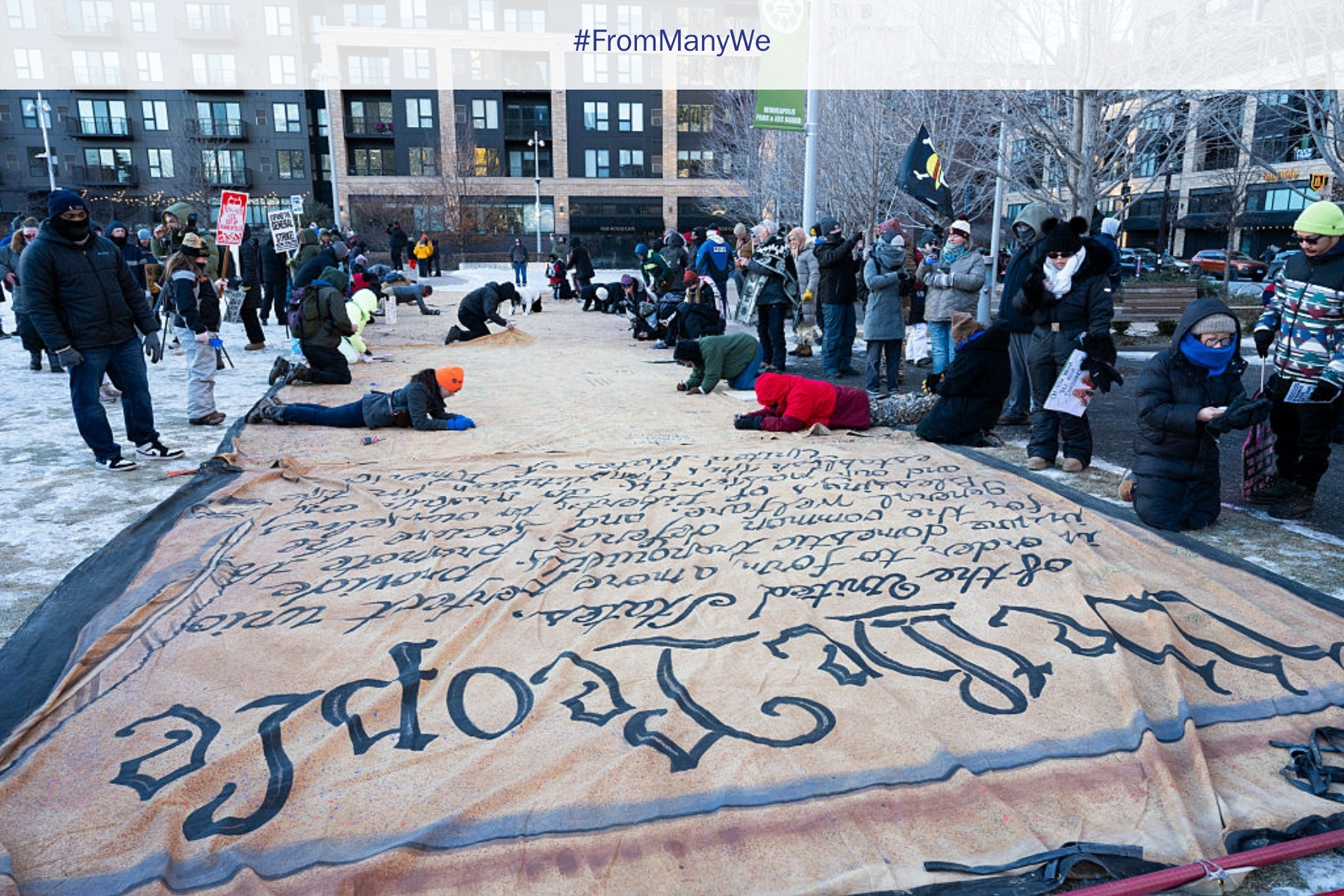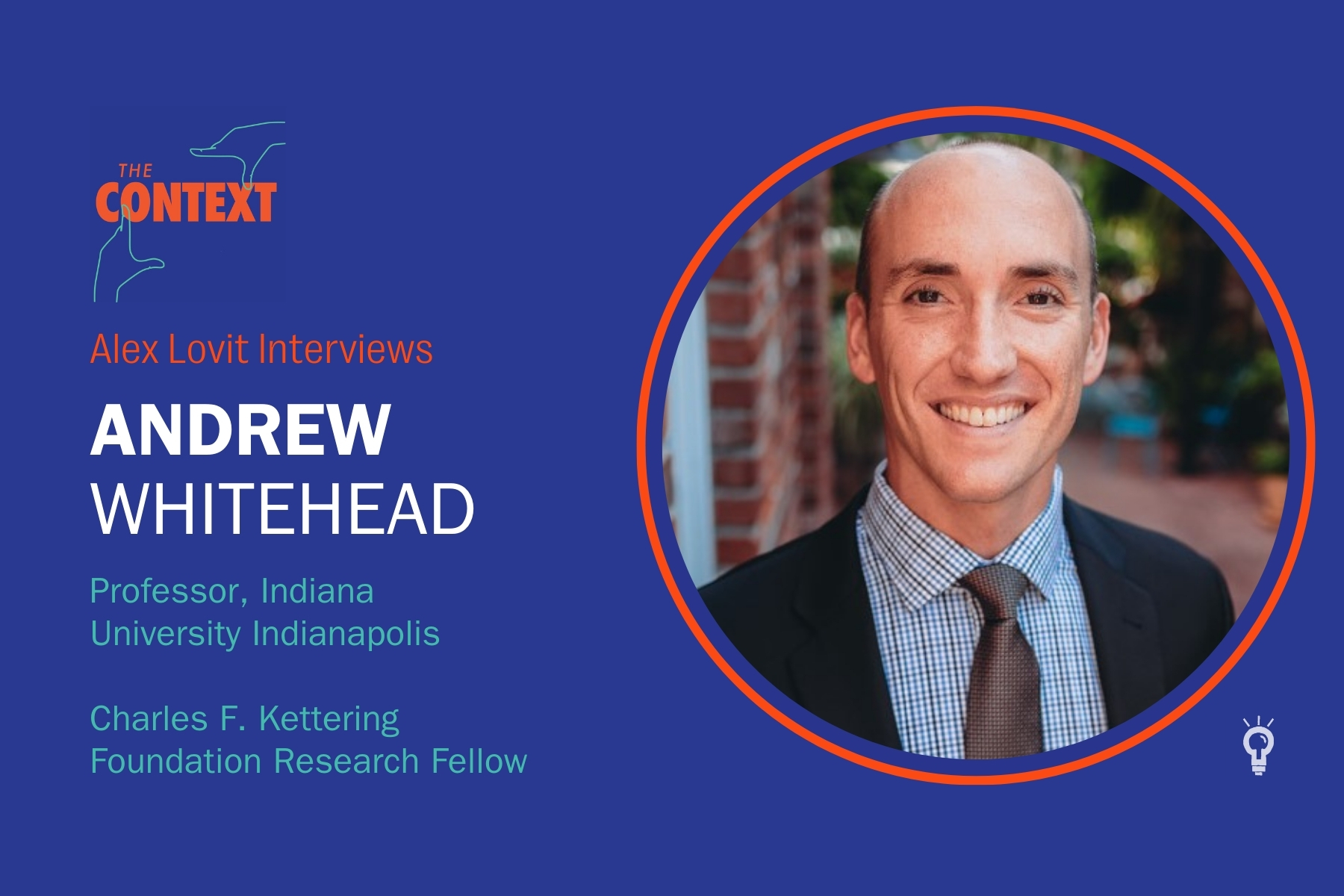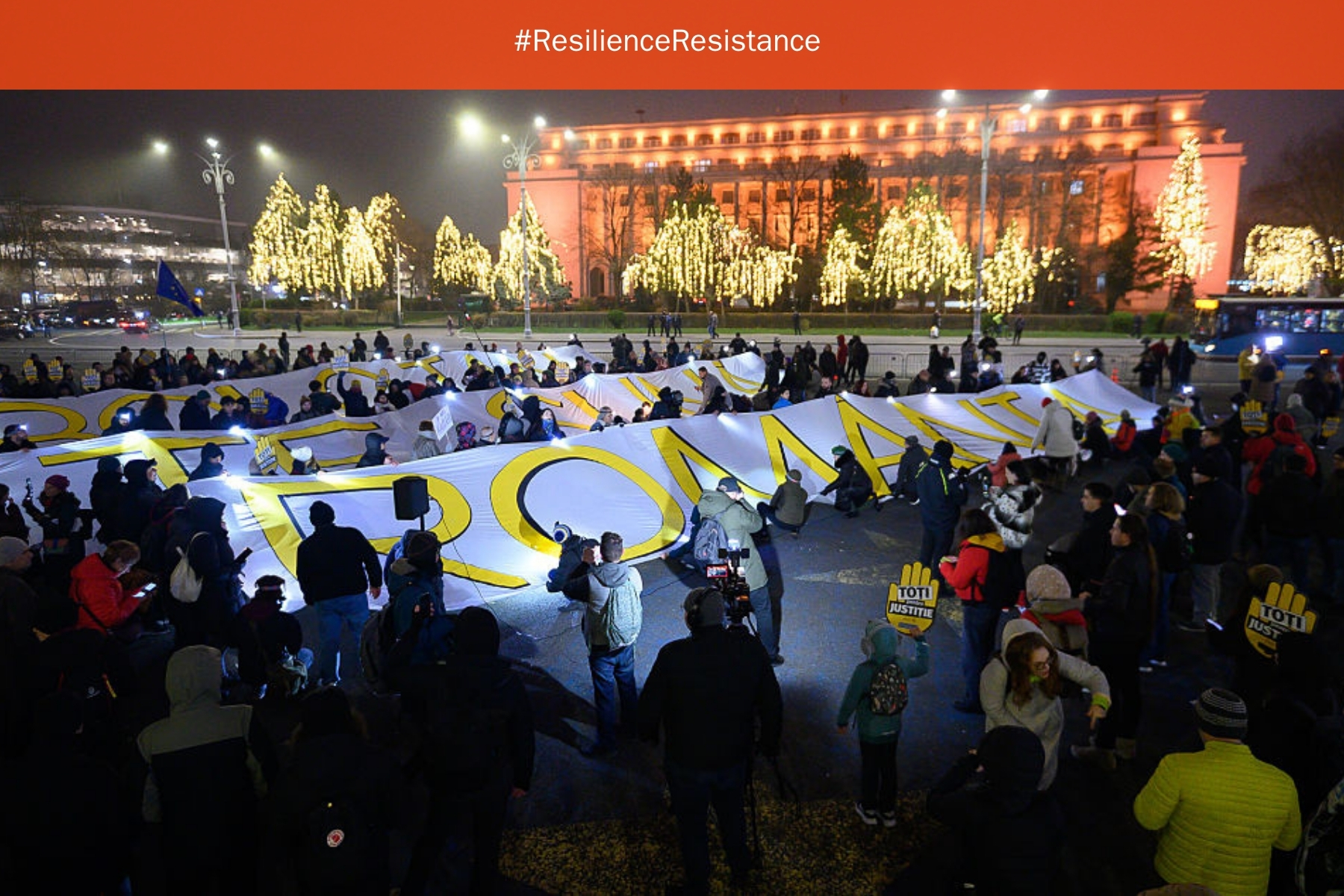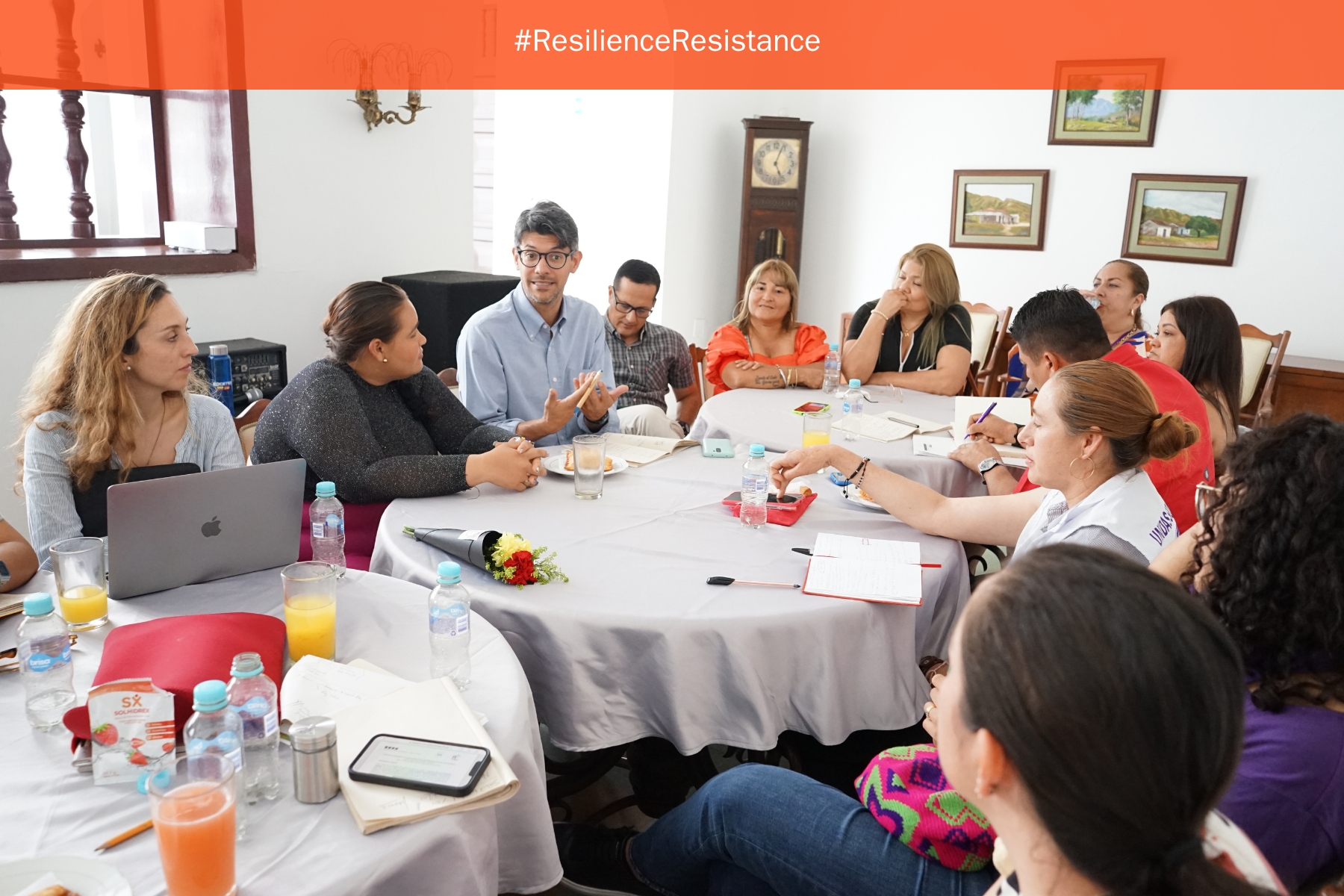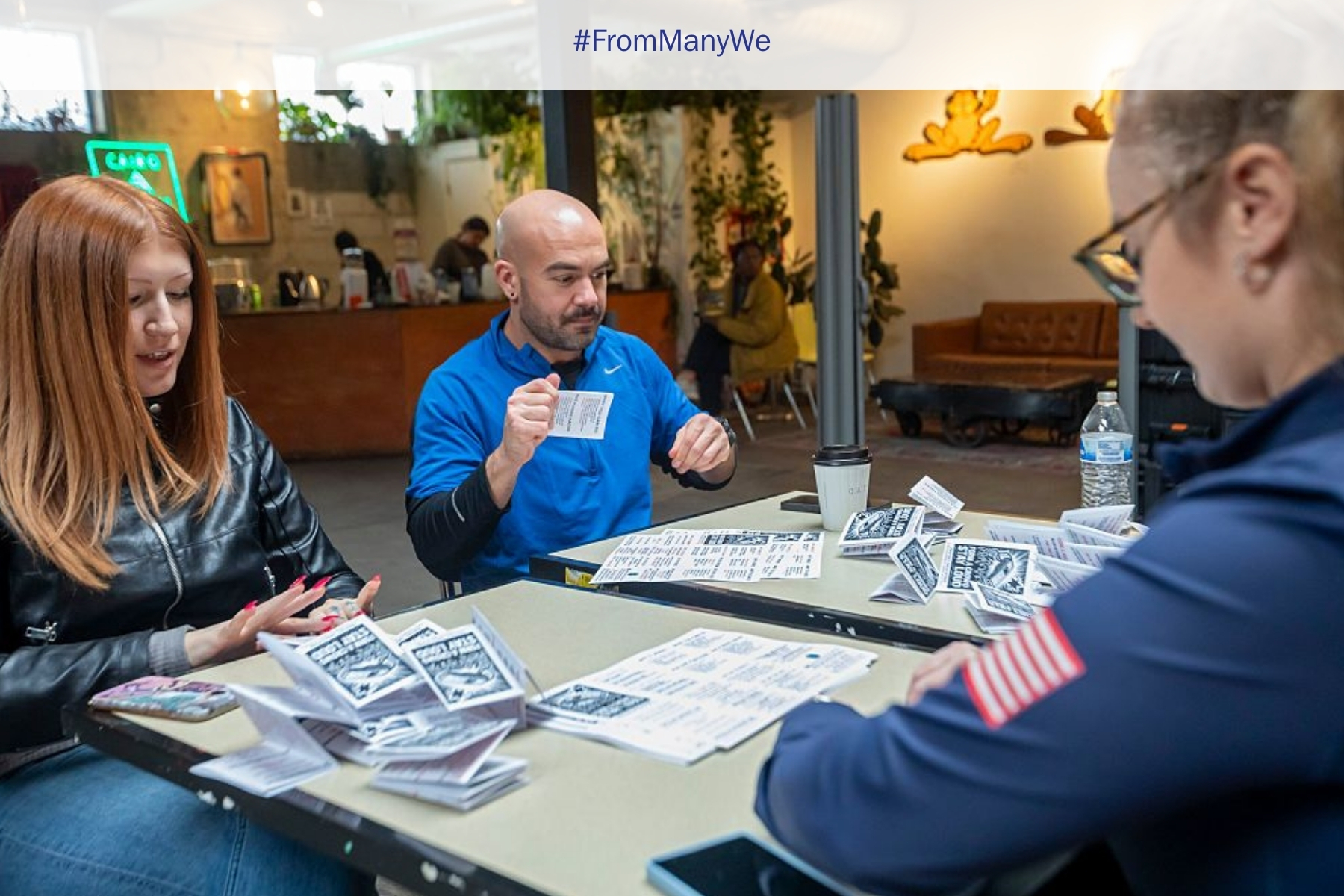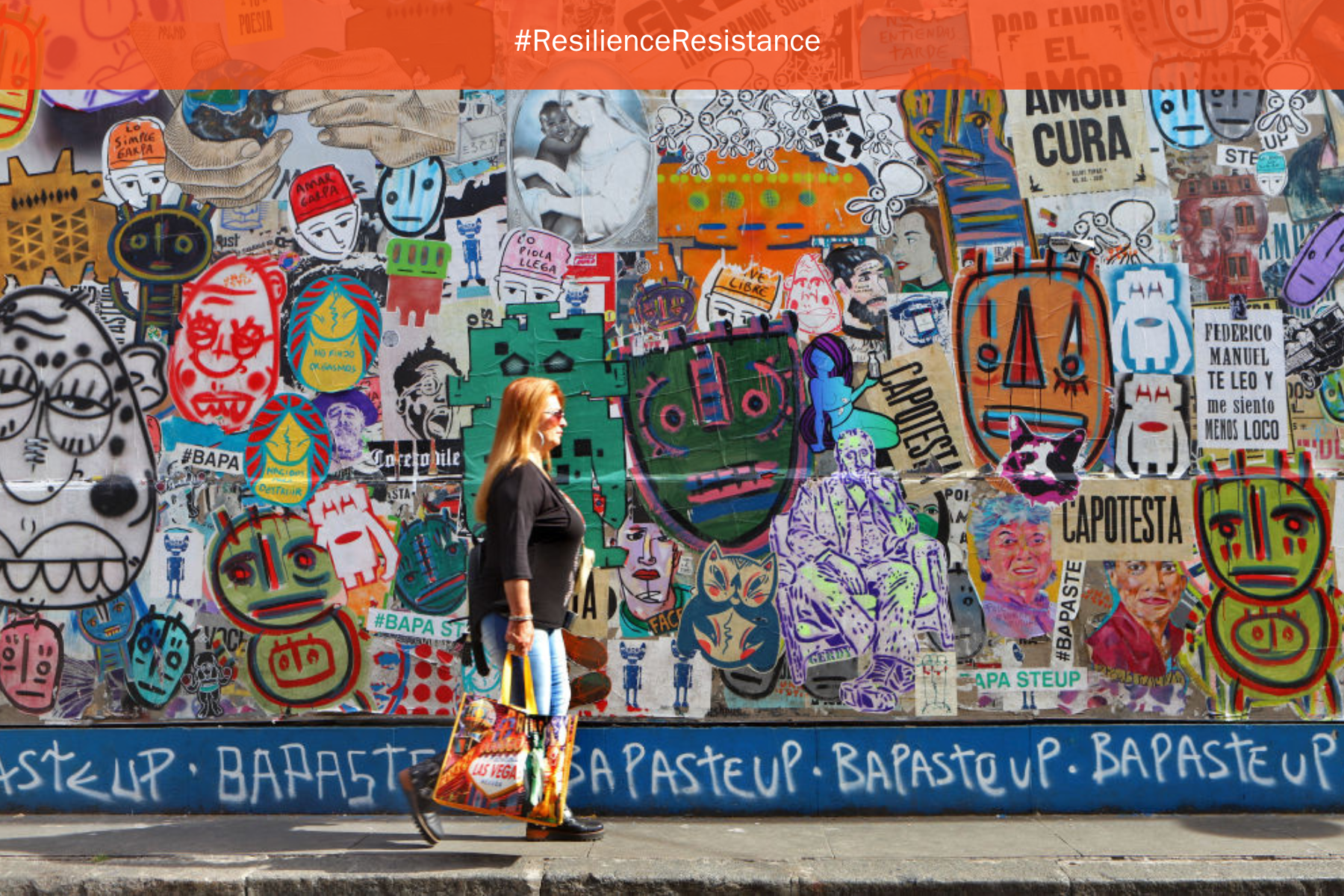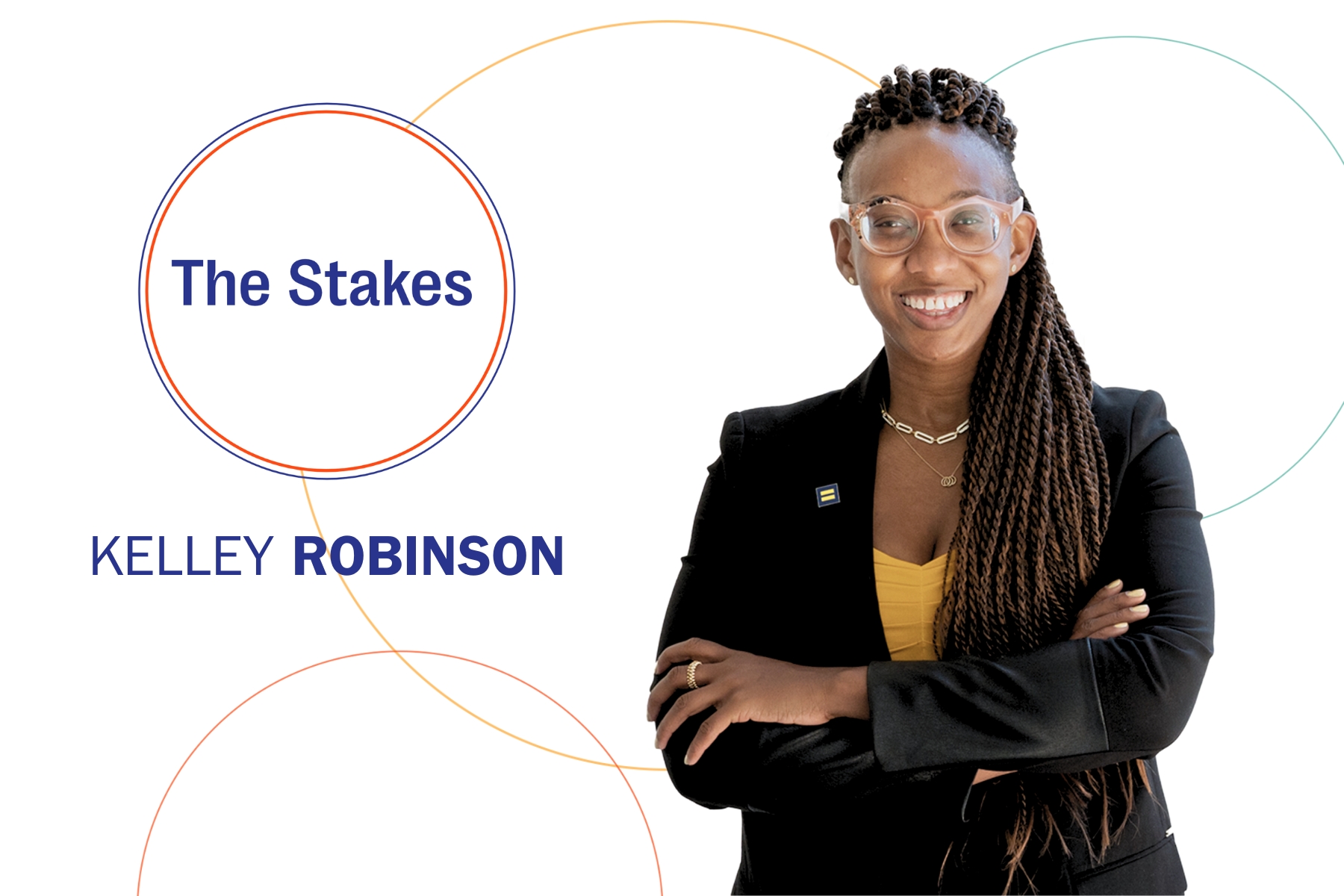Te’Jal Cartwright: Tapping into the Power of Story
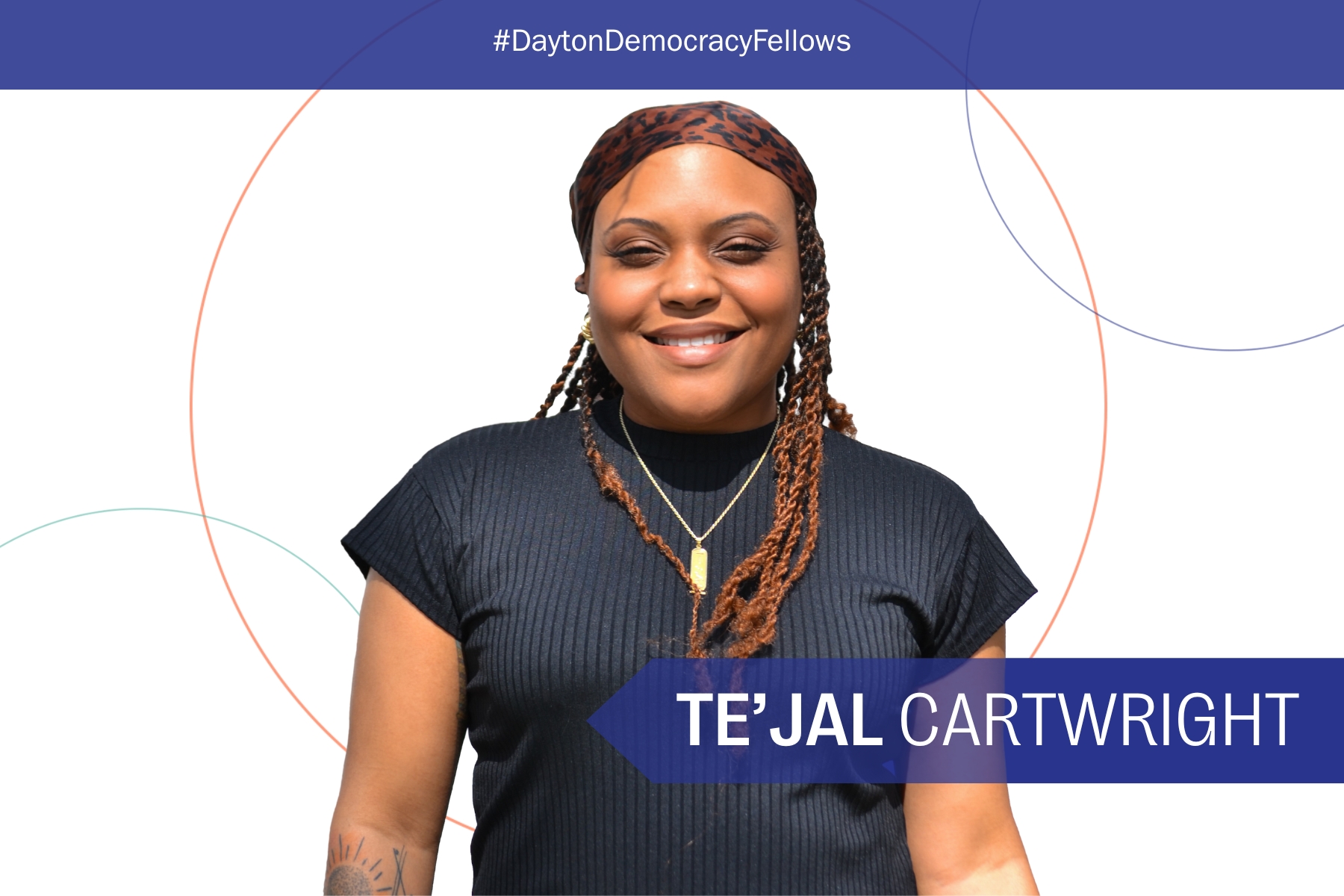
The Kettering Foundation’s Dayton Democracy Fellowship is a program that supports innovative leaders, changemakers, and dreamers who are building movements for inclusive democracy in their communities and in our wider world. This series of articles about the Dayton Democracy Fellows highlights their robust work and the powerful narratives that drive the advancement and defense of democracy.
Kettering Foundation Dayton Democracy Fellow Te'Jal Cartwright is many things. She is the proud mother of an 8-year-old boy. She has been an entrepreneur since 2020 and she has been owner of Lore, a story coaching business, since 2023. Cartwright is a true believer in the power of storytelling to change lives, communities, and democracy.
A lifelong resident of Dayton, Cartwright was motivated at an early age by Oprah Winfrey. "The 1990s was full of talk shows," said Cartwright. "I was inspired by how they would ask questions and get answers. Oprah really stuck out to me [not only] because she is a Black woman, but also because it felt like she was learning from the stories being shared." She, too, wanted to be a talk show host, but her family told her to get a "real job," so she trained to become a teacher instead. She soon found that it wasn't a good fit. "I was tiny, my voice was tiny, and I thought, 'Oh, no, this isn't going to work for me.'"
Childcare issues and the need for more flexibility motivated Cartwright to build a digital marketing business. Lore, the business of which she is now the owner, became a client. When Cartwright took a storytelling class from Lore, "it was so fulfilling to me . . . I had never shared my story, and I really wanted to," but she had always felt like she had to do so in more conventional ways, such as writing a poem or a story. Storytelling freed her, and when the owner of Lore asked her to take over the business, she took on the challenge.
Cartwright divides her courses between individual and corporate clients. With businesses, she uses the power of story for team building exercises so employees can work together more effectively and be more productive. Once they learn one another's story, they are often surprised and can work more closely together. For individuals, Cartwright's goal is for them to see how telling their stories leads to greater personal strength.
And that is where democracy comes in. When individuals complete the storytelling training, they leave feeling empowered. "With that empowerment comes a newfound place of, 'My story does matter. How this country is treating me does matter. I can use my story to show how [an issue] has impacted me,'" Cartwright said. Storytelling, she said, is a way of connecting with others, adding that "connection and not feeling alone activates you in a new way of life." It enables people who might see that a grocery store doesn't exist in their neighborhood to question why that is, and challenge systems that are not working for the community.
For example, she has worked alongside Black business owners in Dayton to amplify their stories by highlighting experiences of discrimination and exploitation by slumlords. By bringing these injustices to light through storytelling, Cartwright has not only raised awareness of the challenges Black entrepreneurs face but also fostered greater collaboration and solidarity among some of these business owners.
One concern of Cartwright's is that it's hard to find multicultural storytelling spaces. She would like to change that. She is inspired by her grandmother's stories of difficulties and racism that she only learned during the COVID-19 pandemic because during the lockdown, Cartwright would do her hair. With coaxing, her grandmother filled in details of her life that Cartwright had never heard before. "I think it is really hard for Black families to share stories because of shame or trauma, so I have been working and doing research around how to collect and preserve stories in Black families. I feel like if people in [Black] families know more, they would feel empowered."
Cartwright will use her time as a Dayton Democracy Fellow to work on a documentary about the stories of Black families. "I want everyone watching it to feel inspired to fill in the gaps of their family tree." She also hopes she will have the opportunity to help her fellow Dayton Democracy Fellows tell their own stories.
"I feel like if we get stronger in our history and knowing who we are, we will have a better chance of standing up," said Cartwright. "People really don't understand how much power they have."
Maura Casey is a former editorial writer for the New York Times and has worked with the Kettering Foundation since 2010.
